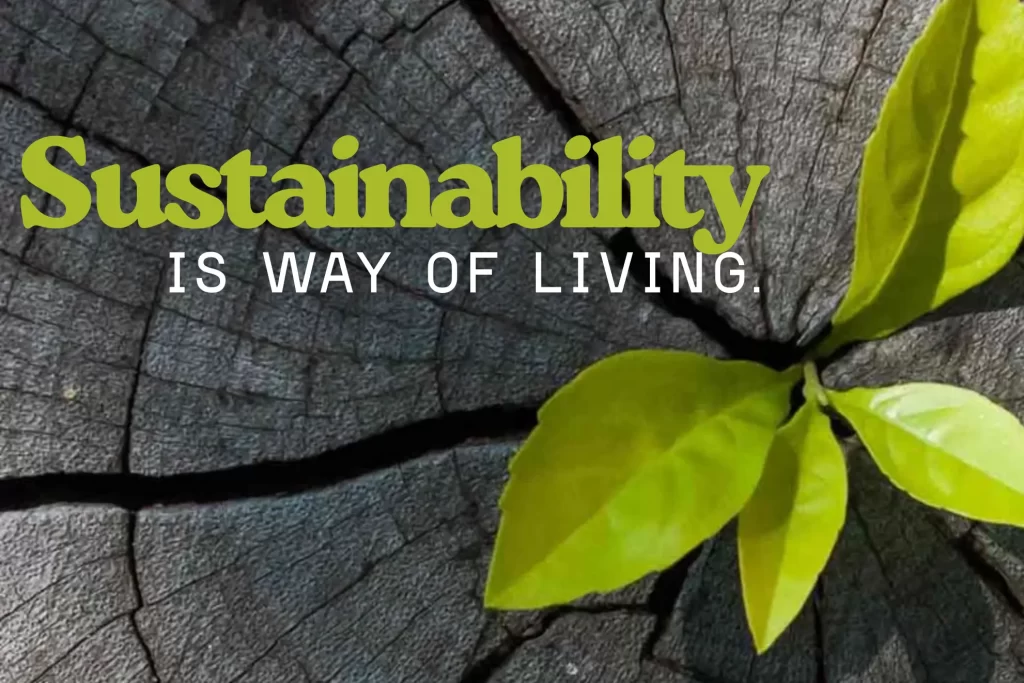


For decades, the buzz around sustainability has echoed across the globe. Yet, in less developed countries (LDCs), its true meaning often emerges not through policies or slogans but through the power of entrepreneurship. The real question is: how can someone living at the bottom of Maslow’s hierarchy of needs think about the future when the survival of their present generation is at stake? Only about 12 percent of the world’s population lives in LDCs, but these nations remain the most vulnerable to the adverse consequences of past unsustainable practices. In societies where daily survival often outweighs tomorrow’s dreams, sustainable entrepreneurship is quietly reshaping the future. Ironically, those deprived of resources are now expected to lead the global call for sustainability. While developed countries have historically consumed a disproportionate share of Earth’s resources, the responsibility of building a sustainable future fall heavily on those least responsible for the damage.
Instead of dwelling on the past, we must focus on practical and inclusive solutions. Sustainability is about carefully rethinking how we use limited resources so that future generations can thrive. The Brundtland Commission’s 1987 definition captures it well:
“Meeting the needs of the present without compromising the ability of future generations to meet their own needs.”
In other words, sustainability is about balancing today’s economic, social, and environmental needs while safeguarding the possibilities of tomorrow. Out of Adam Smith’s four factors of production land, labour, capital, and entrepreneurship. It is entrepreneurship that drives the efficient use of all others. Entrepreneurs sit at the centre of innovation and sustainability, turning challenges into opportunities.
The most familiar slogan of sustainability is “Reduce, Recycle, Reuse” Each word represents a pathway to a better future. Recycling, for instance, gives waste a second life. Plastic pollution one of humanity’s greatest challenges has inspired entrepreneurs worldwide to develop innovative solutions. Kenya’s Eco Post transforms discarded plastics into durable fencing posts, helping save forests while creating jobs. Nzambi Matee, founder of Gjenge Makers, developed technology to turn plastic waste into bricks stronger than concrete, revolutionizing construction in Africa. Similarly, Giorgio Baracchi’s Recycle Smart makes recycling easier for households and businesses, showing how technology can simplify responsible choices. These stories prove that waste can be turned into wealth when innovation meets sustainability.
Beyond recycling, reducing, and reusing is equally powerful. Reducing means consuming resources efficiently cutting waste at the source by inventing new packaging materials, minimizing single-use products, and opting for energy-efficient options. Reusing extends the life of materials by repairing, repurposing, or sharing them before they become trash. Entrepreneurs are embracing these principles creatively: fashion brands upcycling textile scraps into stylish clothing, social enterprises transforming discarded glass bottles into décor, and community initiatives introducing refill stations to replace disposable plastics. These examples remind us that sustainability begins not at the end of a product’s life but with the everyday choices we make.
“Sustainability is not just a slogan; it is a way of mindful consumption.”
For entrepreneurs, practicing sustainability means asking tough but necessary questions: Which resources are being consumed? Which are wasted? Which can be recycled or repurposed? And what legacy will this enterprise leave behind? This mindset is the essence of sustainable entrepreneurship: innovating responsibly today to ensure a thriving tomorrow.



Ms. Afsheen Hassan Rathore is a Senior Lecturer in Entrepreneurship and Marketing at the Chaudhary Abdul Rehman Business School (CARBS), Superior University, Lahore, Pakistan. Her research interests focus on women entrepreneurship, tourism, and consumer behaviour. Alongside her academic role, she serves as a collaborative faculty member at Babson College and actively contributes as a startup mentor, guiding aspiring entrepreneurs in transforming innovative ideas into sustainable ventures
Please note that all opinions, views, statements, and facts conveyed in the article are solely those of the author and do not necessarily represent the official policy or position of Chaudhry Abdul Rehman Business School (CARBS). CARBS assumes no liability or responsibility for any errors or omissions in the content. When interpreting and applying the information provided in the article, readers are advised to use their own discretion and judgement.
If you are interested to write for CARBS Business Review Contact us!